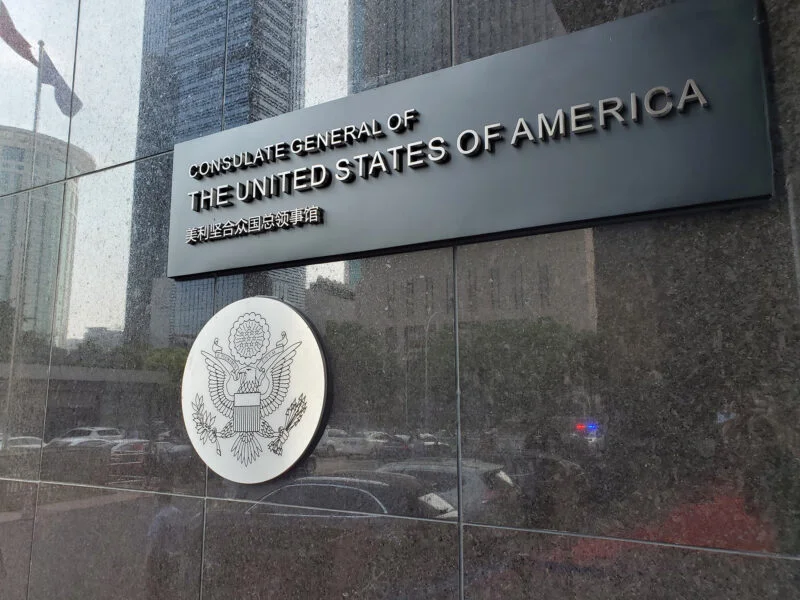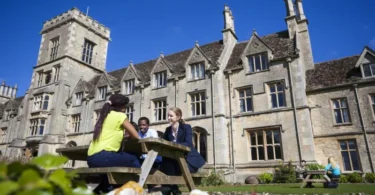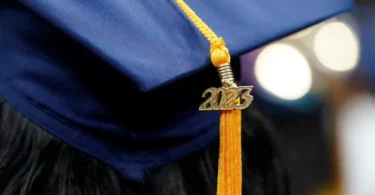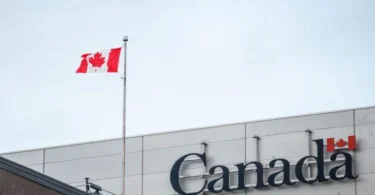The United States Embassy has issued a strong warning against attempting to enter the U.S. without proper authorization. In a recent public announcement on X (formerly Twitter), the embassy stated that individuals caught entering the country illegally may face detention, deportation, and a lifetime ban from obtaining a U.S. visa.
The advisory also emphasized that attempting unauthorized entry can result in financial loss, jail time, and permanent immigration violations, which could destroy future opportunities for legal migration.
Table of Contents
New Social Media Disclosure Law for Student Visa Applicants
This warning came just 24 hours after the U.S. government introduced a new visa regulation requiring student visa applicants to make their social media profiles public.
Who Is Affected?
- F-1 Visa: Academic study programs
- M-1 Visa: Vocational and non-academic training
- J-1 Visa: Research scholars, exchange visitors, trainees, and interns
Applicants must adjust their privacy settings on platforms such as Facebook, Instagram, LinkedIn, and X to allow full transparency for consular review.
According to the embassy, this is part of enhanced screening procedures to strengthen national security. Posts, affiliations, and political content shared online may be reviewed during the visa process.
Tougher Background Screening Now in Effect
The embassy’s latest guidance is part of a broader move to tighten U.S. immigration policies. Recently, the U.S. Department of State temporarily paused visa interview scheduling to implement stronger security measures, including:
- Deeper analysis of online behavior
- Review of political affiliations
- Examination of public social media activity
Interviews for student visas resumed on June 18, with the new rules already in effect.
The True Cost of Illegal Entry: More Than Jail Time
Attempting to enter the U.S. unlawfully carries risks far beyond arrest:
- Lifetime ineligibility for U.S. visas—including for work, education, or tourism
- Legal complications spanning years
- Blocked access to official U.S. immigration systems
- Ruined travel history that could impact entry to other countries as well
The embassy also warns against relying on unauthorized agents or using informal routes, which often lead to legal trouble and long-term consequences.
What This Means for Travelers and Students
If you’re planning to study, work, or travel to the U.S., here’s what you need to do:
- Ensure your visa application is complete and accurate
- Make your social media profiles public as required by law
- Avoid any form of unauthorized entry into the United States
Choosing legal visa pathways like the F-1 or J-1 visa remains the safest and most effective route to the U.S. for foreign students, professionals, and researchers.
As the U.S. tightens immigration policy, foreign nationals must stay vigilant, informed, and compliant. Illegal immigration now results in permanent disqualification, while legal visa options demand greater digital transparency and care in documentation.
If you’re preparing to study or work in the U.S., choose the legal route, follow official guidance, and avoid shortcuts that could cost you a lifetime of opportunity.






